Country: Chad
-
![[ French ] Study – Paralegal, leading impact actor in education on rights and access to justice for vulnerable populations in Chad](https://asf.be/wp-content/uploads/2020/04/2020-04-03-14_37_31-Parajuriste-premier-acteur-d’impact-de-l’éducation-aux-droits-et-à-l’accès-à-la.png)
-
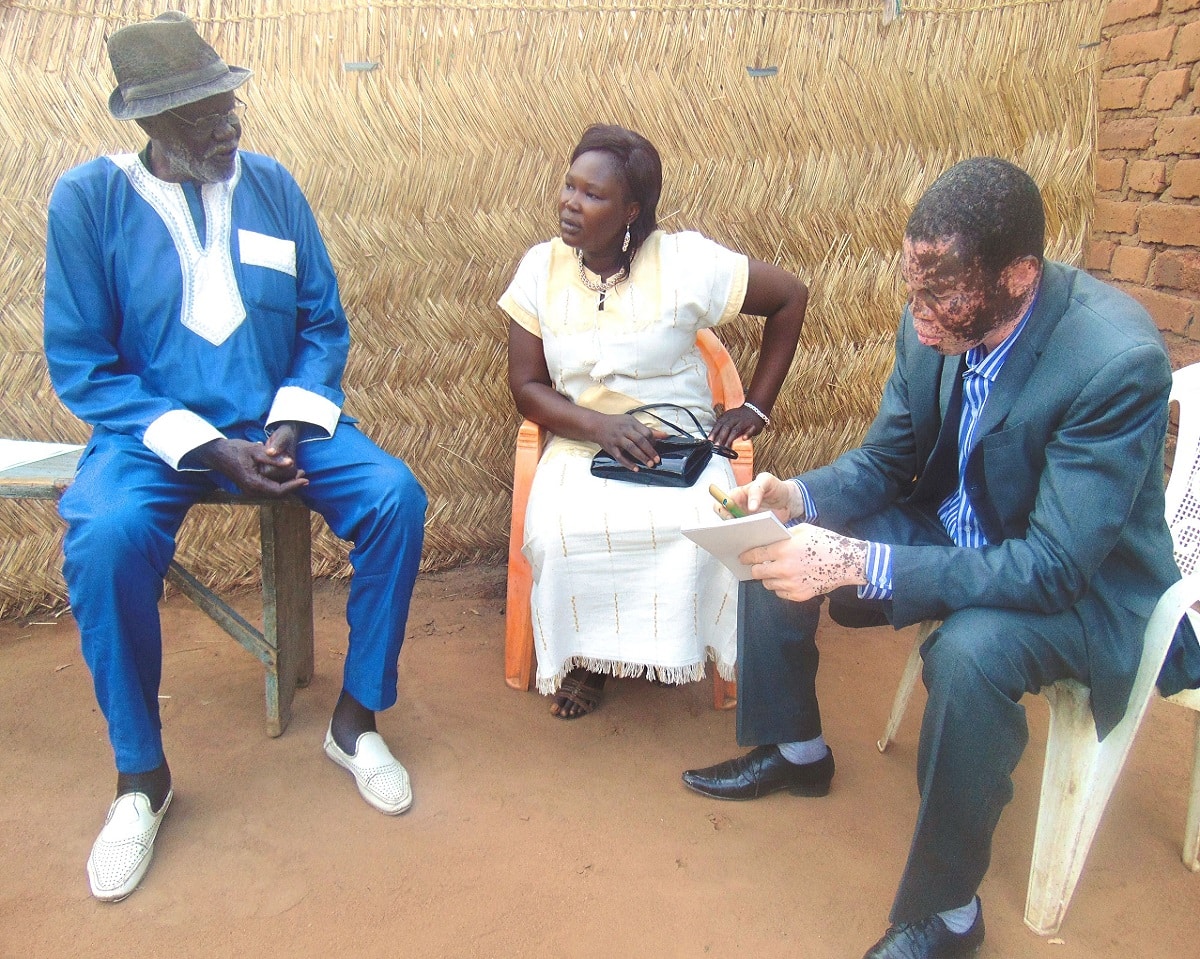
Human rights organisations have become indispensable actors in Chad
In Chad, ASF supports human rights organisations (HROs) with the aim of increasing the impact and scope of their activities. Last March, we went to meet individuals, local authorities, legal actors, and members of HROs, to get their opinions on the work that HROs do. In the interviews, which were carried out in Bongor, Moundou,…
-
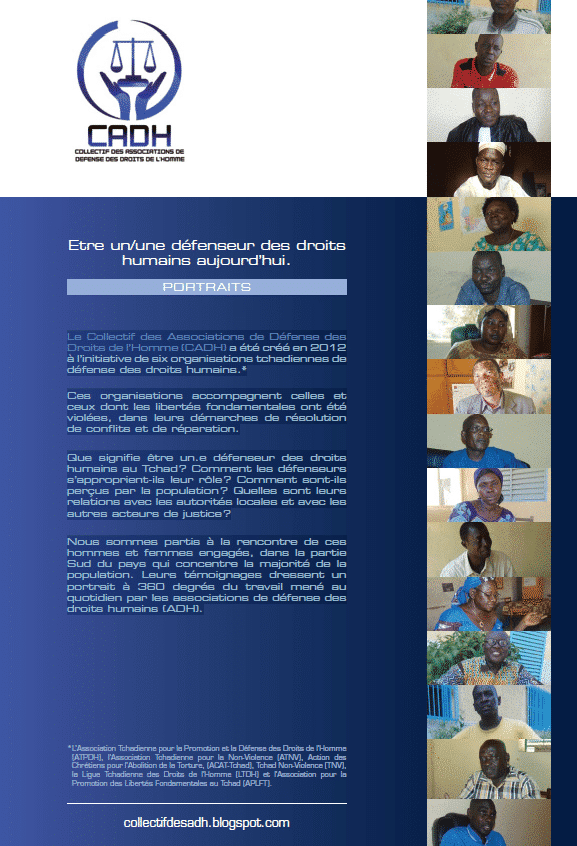
-
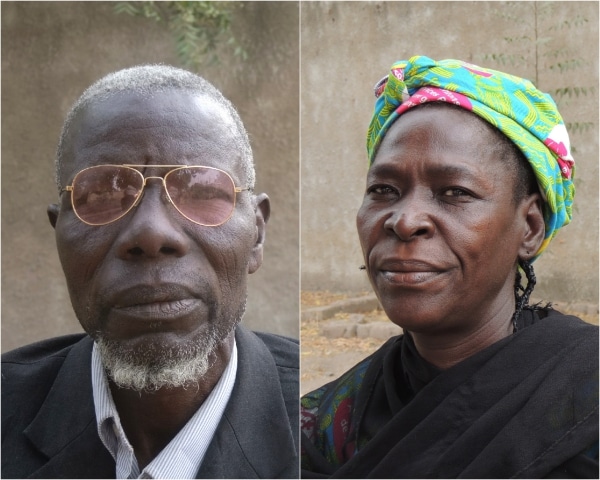
Support paralegals, essential justice actors in Chad
Chad has about 12 million inhabitants…and 135 practising lawyers, almost all based in the capital, N’Djamena. Fortunately, they are not the only ones defending people’s rights: supervised and trained by national organisations and by ASF, paralegals provide legal aid services to the most destitute. Make a donation: help us to improve the working conditions of…
-

Chad: the many faces of justice (4/4)
This autumn, ASF presents a portrait of justice in Chad, through interviews with four people who are active in defending human rights in the country. Guerimbaye Midaye is a lawyer in the bar association of Chad. He has been active for almost 30 years within the Ligue Tchadienne des Droits de l’Homme, of which he…
-
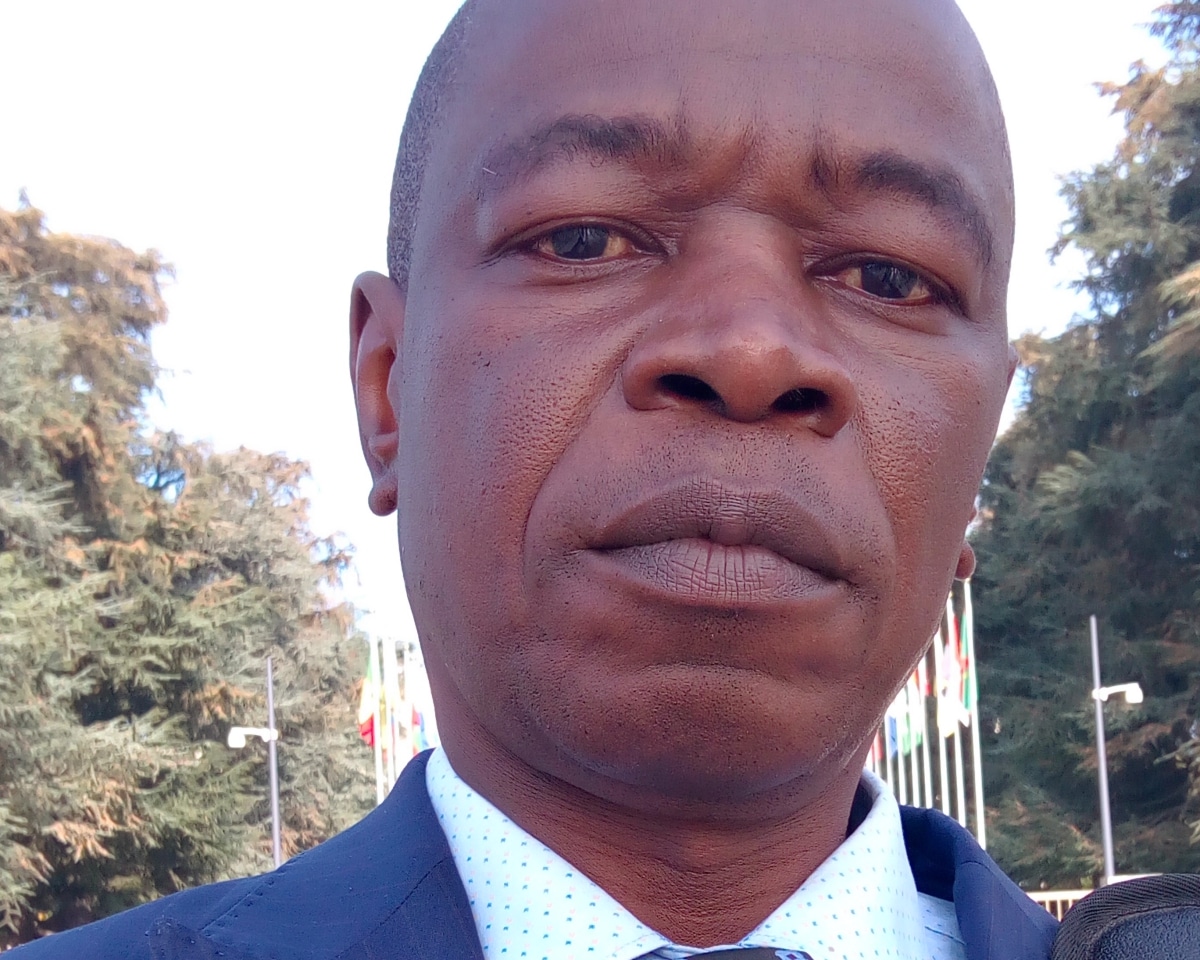
Chad: the many faces of justice (3/4)
This autumn, ASF presents a portrait of justice in Chad, through interviews with four people who are active in defending human rights in the country. Pyrrhus Banadji Boguel is the President of the Collectif des Associations de Défense des Droits de l’Homme (a group of associations for the defence of human rights). A lawyer who…
-
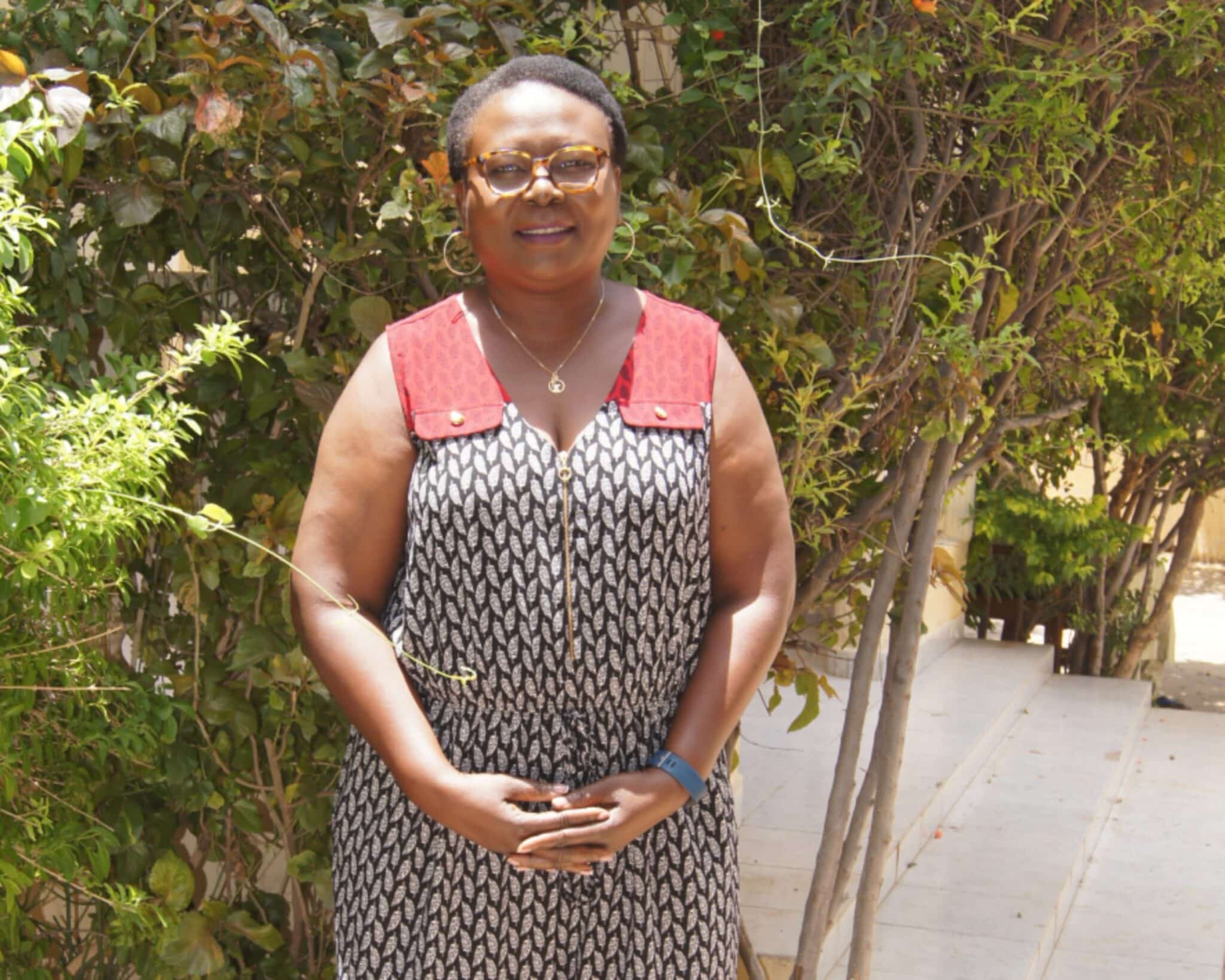
Chad: the many faces of justice (2/4)
This autumn, ASF presents a portrait of justice in Chad, through interviews with four people who are active in defending human rights in the country. This week, Delphine Djiraibe, founder of the Public Interest Law Center, talks to us about the fundamental role of paralegals, the first point of contact for people in Chad when…
-
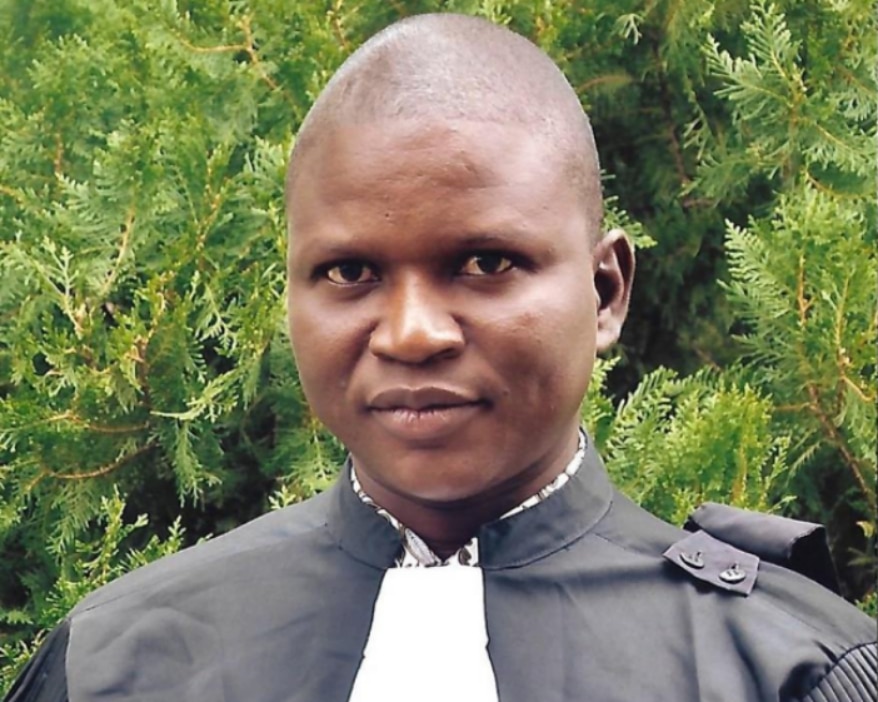
Chad: the many faces of justice (1/4)
This autumn, ASF presents a portrait of justice in Chad, through interviews with four people who are active in defending human rights in the country. This week, Doumra Manassé shares his vision of the role of lawyers and their place in society in Chad. “People see us as civil servants or as traders. We are…
